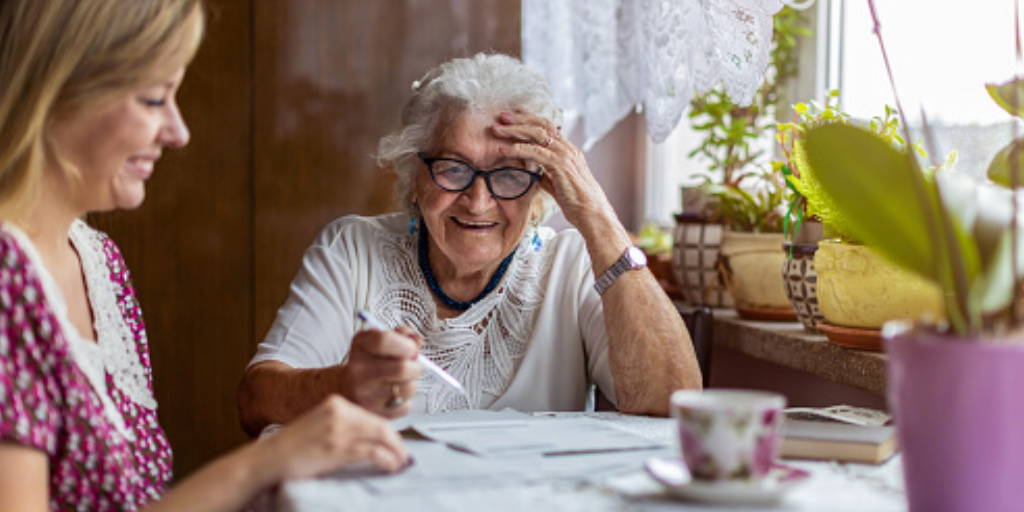A brief guide to understanding dementia behaviours
Caring for elderly with dementia is not an easy task and can become overwhelming for families. While you want to provide the best care and support to them, the lack of proper understanding of the condition, time and the required skills can add to the difficulty . Dementia is a complex disorder and does not come with a handbook with instructions. Depending on the person and the severity of the condition, each case can be different.
Elderly with dementia unintentionally use gestures and actions to communicate because their ability to express declines. Understand why they are acting in this way and what triggered them, when you observe the elderly displaying different behaviour.
We have developed a guide to help you understand dementia and the various behaviours. We also have helpful tips for rightfully caring for the elderly with dementia.
A nutritious diet
Elderly suffering from dementia can forget to eat or even drink. One of the main requirements while caring for the eldelry with dementia is to take care of their optimal nutrition intake. For this, you might need to have a daily routine to sit with them and have food together. It is always a good choice to serve food to them that is rich in calories.
Wandering nature
Aimless wandering is the most common behaviour in elderly with dementia, which happens for various reasons, such as side effects of the medication. When this urge rises in the elderly, they could suddenly start searching for random objects or finding someone.
Sleeplessness
The families taking care of an elderly with dementia can tackle sleeplessness of the elderly by increasing their physical activity during the day. This could be gradually reduced as per the changes in the elderly’s sleeping pattern. Some stimulants, like caffeine and sugar, can also be eliminated. It is also essential to seek guidance from a physician who can prescribe the proper medicine to ensure that your parents or grandparents adjust appropriately with their changed sleeping patterns.
Agitation
Elderly with dementia often experience unrest. If your loved one acts strangely, you don’t have to become overwhelmed as this is a common occurrence with dementia. To understand them, you have to keep a positive and empathetic attitude.Turning their things around or changing their environment could intensify the edlery’s agitation levels. In this situation, be gentle with them and try playing soothing music, which can help them calm down.
Elderly with dementia are sensitive and forget how to perform daily life activities. They might even forget family members and people they were close to earlier. The only way to build good understanding with them is to understand elderly’s dementia behaviours and then act accordingly. We hope that you have built some sort of understanding of dementia behaviors in the elderly. These points should be remembered, embraced, and adapted to treat the elderly with dementia empathetically and properly.
We at Senior care genie follow an empathetic and friendly approach to support the physical and emotional wellbeing of elderly with dementia while providing excellent care to them. Be it your search for a trained caregiver for your ageing loved ones or finding the right care home, we can help you access the best senior care services.






